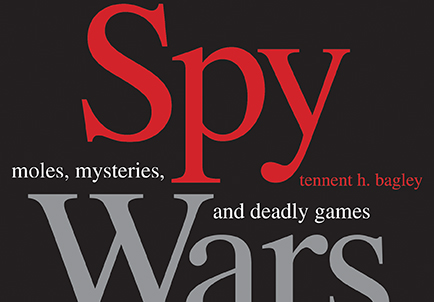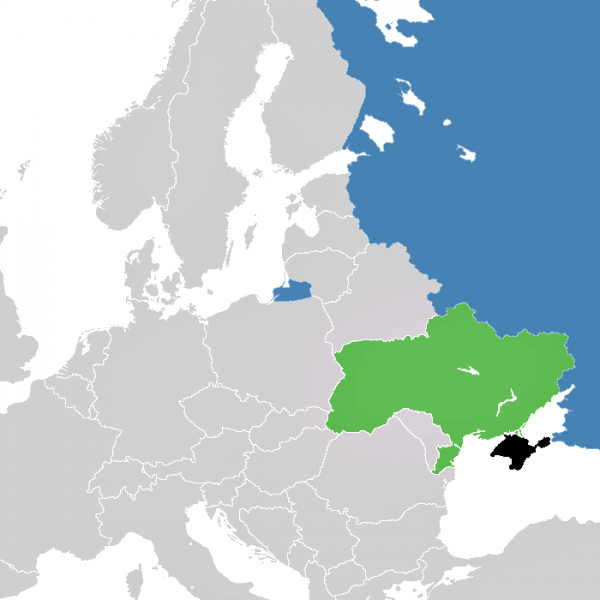In Memoriam: Tennent Bagley
Tennent Harrington Bagley, author and former C.I.A. officer, passed away on Feb. 20 in Brussels at the age of 88. While working for the C.I.A., Bagley assisted a Soviet spy, Yuri Nosenko, turn against Russia, only to believe this spy was a double-agent. Bagley spent many years trying to prove his suspicions.
Bagley was born in Annapolis, Maryland on Nov. 11, 1925. Coming from a military family, his father was a Navy Admiral and his brothers followed suit. Indeed, his uncle was the first American officer killed in the Spanish-American war. According to the Independent, this background was typical for those joining the Agency in its early years. Bagley spent his youth in France, California, Washington and Hawaii.
While studying at Princeton, Bagley left to join the Marine Corps during WWII. After the war, he graduated with a degree in Political Science from the University of Southern California, and later, a doctorate in Geneva at the Graduate Institute of International and Development Studies.
Listen to Bagley‘s 2007 Spy Wars interview for the Yale Press Podcast
The C.I.A. recruited Bagley while the Agency was still in its early years and he rose quickly through its ranks. First serving in occupied Vienna, Bagley moved to working in counterintelligence against the Soviet Bloc and the KGB in the 1960s. He rose to deputy chief of the Soviet bloc division.
Bagley met Yuri Nosenko, a Russian KGB officer who was offering to help the Americans, in a Geneva safehouse in 1962. He was tasked to be his chief handler as Nosenko provided information. The case would soon grow increasingly complex as Bagley and James Angleton, the Agency’s counter-intelligence chief, began to doubt Nosenko’s story. It appeared to Bagley that Nosenko was part of an elaborate plot of misdirection, intended to tie up the Agency’s resources.
Spy Wars, published by Yale Press in 2007, tells this fascinating and complex story as well as exploring the inner workings of espionage and what it means for the intelligence community. It was chosen by the American Library Association as one of “The Best of the Best from the University Presses: Books You Should Know About,” and by William Safire in the New York Times to be the publishing sleeper-seller of the year for 2007.
Bagley is survived by his wife Maria of 58 years, three children, a brother, and five grandchildren.





The problem with Spy Wars is that it is an extremely one sided book that get a lot of things wrong; however, such inconsistencies were hard to uncover at the time of the publication, since most of the documents related to the Nosenko’s case were classified at the time of the publication (2007), and were released only recently (2017). I.e. Bagley incorrectly stated that 430-page document on Nosenko was a reduction of a “thousand pager” that was much more complete; however, the two are very different documents (“thousand pager” is a record of statements, while 430-page doc specifically lists accusations against Nosenko – and both were prepared separately based on a corpus of records) – which was not evident at the time of the book, since the “thousand pager” was not declassified. Similarly, at least some of the additional research that Bagley added in his book is similarly dubious – it looks like his major problem with Nosenko’s stories was the lack of mention of “dizinformation” department – which didn’t exist at the time, and which Bagley seem to confuse with the 14th department, which was formed in mid-70es.
In short, any reprint of Bagley’s work should be checked excessively against declassified records, as Bagley’s recollection of the event is quite lacking.